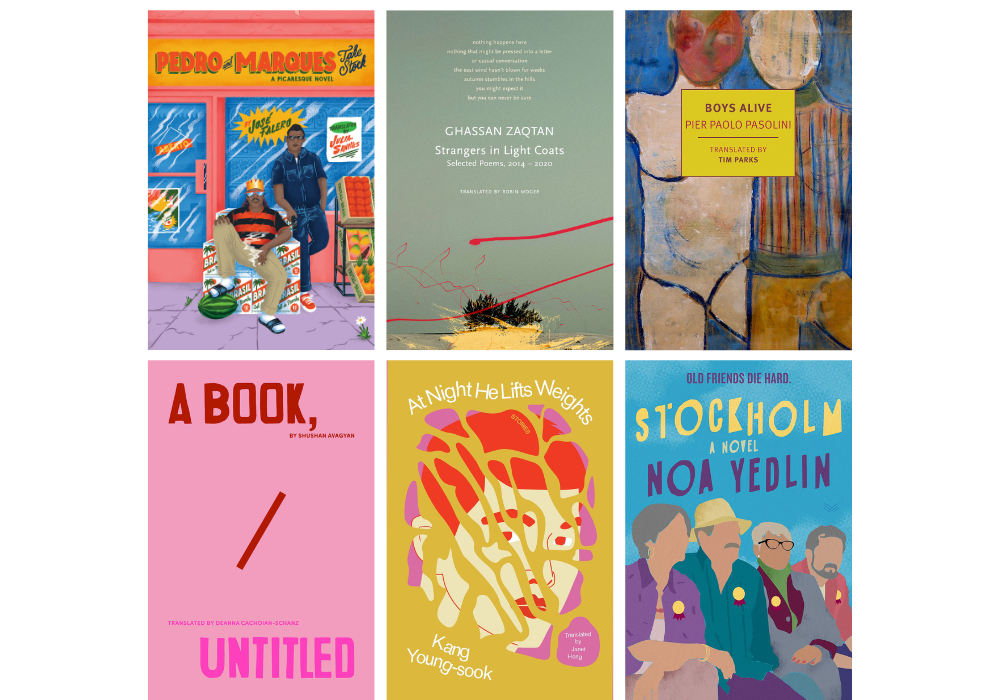On my first day, I was overcome with dread. It wasn’t even four in the afternoon and the sun had set long ago. They turn on the streetlamps here by two, two-thirty, and in the brief spell of sunshine, the colors are as dim as in an old photo.
For five months now I’ve been traveling on my own, just me and my knapsack, looking at snow and fjords and ice. The whole world is painted white, and at night—it’s black. Sometimes I have to remind myself this is just a trek. “Look, a lemming!” I tell myself, and I force myself to pull out a camera. But how many pictures can one guy take? In my heart, I feel like an exile.
I blow hot air into my thick gloves, steam that’s supposed to drive away the cold. But the cold that escapes lingers in the air, and as soon as the steam is gone, it’s back. The cold here isn’t like the cold back home. It’s a cold that goes beyond temperatures. A sneaky cold that works its way through every layer, and freezes you from inside.
I keep walking down the street. There’s a small bookstore on the left, and the lights are on inside. It’s been six months since I’ve read a book. I go in. It’s nice and warm in there. “Excuse me,” I say. “Do you have any books in English?” The cashier shakes his head and goes back to reading his ugly-lettered newspaper. I’m in no hurry to leave. I stroll down the aisles. I study the covers, and breathe in the smell of the crisp paper. There’s a nun standing next to one of the shelves. From behind, she looks for a moment like Death in the Bergman film. But I muster my courage and walk over to the shelf nearby to steal a glance at her. She has a thin and pretty face. Very pretty. I know the book she’s holding. I recognize it by the picture on the cover. She puts it back in its place and moves on to a different one. I pull it out quickly. It’s still warm as I hold it. It’s Gulliver—Gulliver in Icelandic, but still Gulliver. It has the same cover as the Hebrew edition. We had it at home. I think someone gave it to my brother as a present. I pay the cashier. He insists on gift-wrapping it for me. He sticks a pink ribbon on the colorful wrapping and curls it with one of the blades of his scissors. Why not, actually? It’s a gift for myself.
As soon as I leave the store, I tear off the wrapping, remove my knapsack and lean it against a streetlamp, then sit down on the snow-covered sidewalk and start to read. I know the book well, and even if I’ve forgotten something, the pictures are there to remind me. The book is the same one, and the words are the same too. Even if I’m the one who makes them up. And Gulliver in Icelandic is still Gulliver, a book I like a lot. I’m so worked up, I start to sweat. It’s the first time I’ve sweated since I got here. My bulky coat and damp gloves make it difficult for me to turn the pages, so I get rid of them. The first two books are terrific and I enjoy the third one too. But one thing’s for sure: his last journey is the most impressive of all. I’ve always wanted to be like those noble Houyhnhnms. When Gulliver is forced to abandon them and return to the humans, I start crying and I can’t stop. I finish the book, and notice that the streetlamp isn’t on any more. In the headlights of a passing car I see a figure in black beside me. The lights freeze, but the cold stopped bothering me long ago. The figure turns toward me. It’s him, there’s no mistaking that scythe, that skeleton face. For a moment, from behind, it looked just like a nun.
From The Girl on the Fridge by Etgar Keret, translated by Shondra Silverston and Miram Shlesinger. To be published in April 2008 by Farrar, Straus and Giroux, LLC. Copyright 2007 by The Institute for the Translation of Hebrew Literature. All rights reserved.








